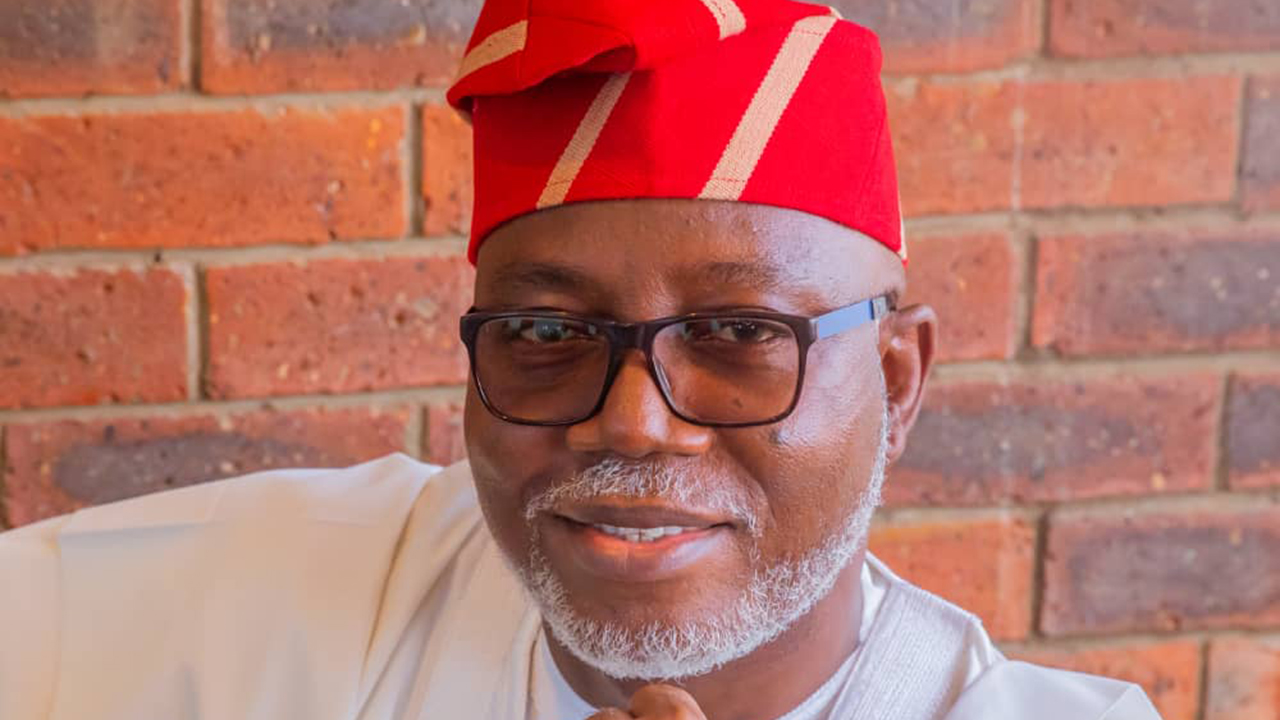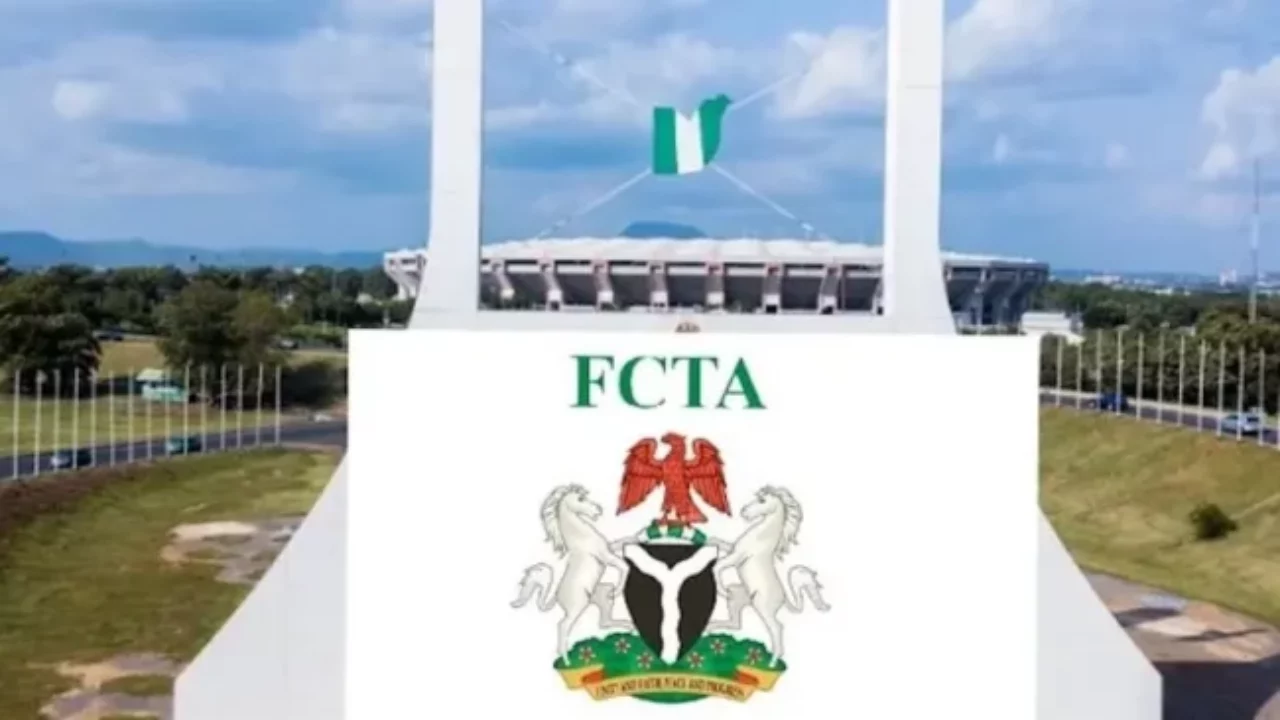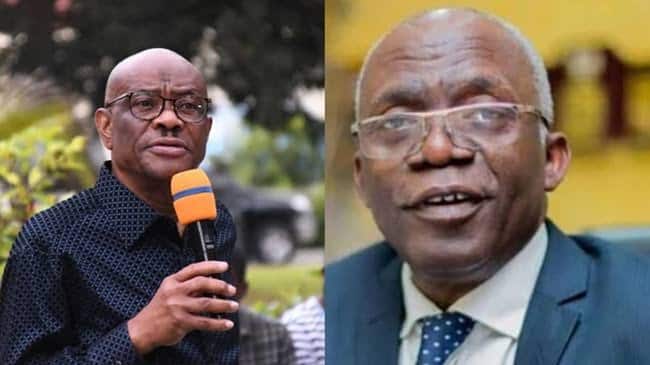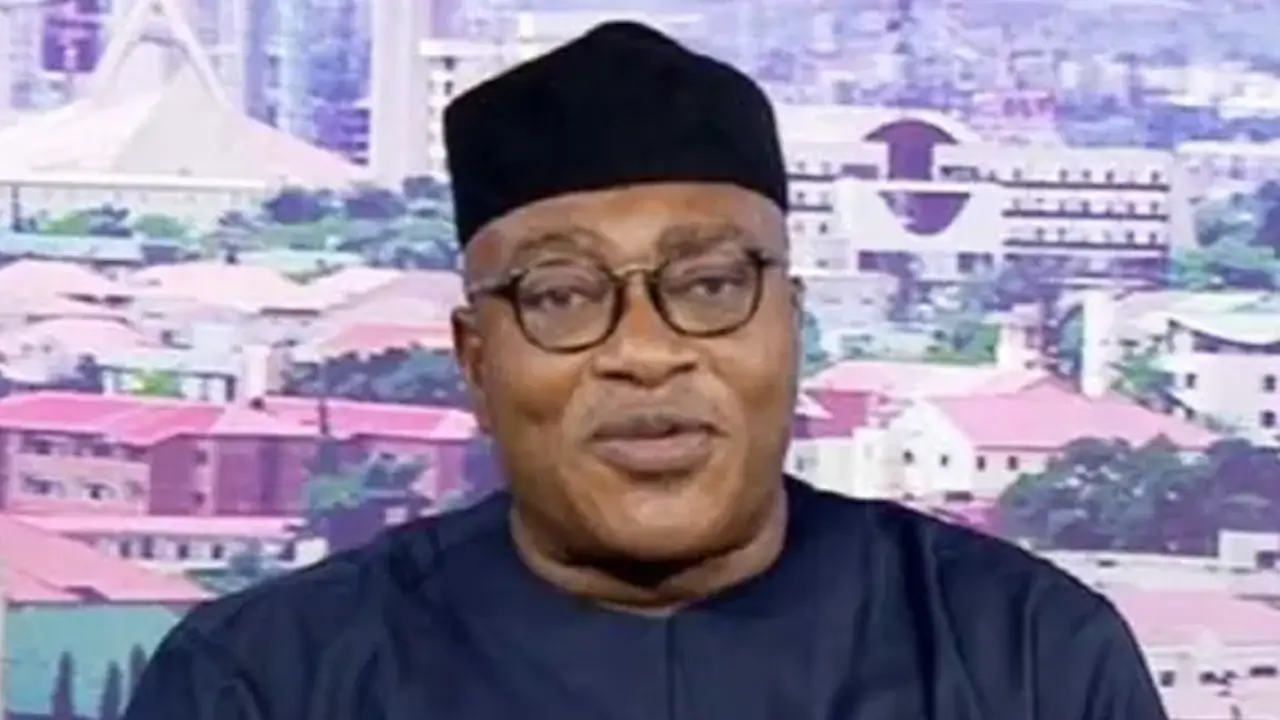Stakeholders are demanding a 10% benefit or more for host communities where the mining activities take place to ensure they derive the economic benefits for solid minerals extraction in their environment.
The stakeholders also proposed a 10 years renewable mining lease instead of the 25 years as captured in section 66 of the Solid Minerals Mining Act 2007.
They stated these at the public hearing on repeal and enactment of a bill titled “Nigeria Mineral Development Company Limited (Establishment) bill 2023 and Minerals and Mining” organised by the House of Representatives Committee on Solid Minerals.
They equally raised concerns over the enormous powers given to the minister by the proposed legislation and called for its unbundling with inclusion of other ministries relevant to the subject including environment.
In a submission, Tobias Lengs of RENEVLYN Development Initiative decried the health hazard, the environmental degradation and the negligence of the miners that pose a danger to host communities.
“We suggest an upward review of the extraction net value revenue that goes to the Community Development Association. 10 per cent is suggested and this should be reviewed periodically.
“The duration of a Mining Lease is 25 years and shall be renewable every twenty-four years as captured in section 66 of the Solid Minerals Act. The 25 years mining lease arrangement is too long and leaves room for operators to get away with impunity at huge cost to the nation. A 10-year mining lease is proposed instead to compel operators to be more responsive and accountable for their actions.”
He further suggested that the Community Development Agreement should be flexible to allow the host communities to determine exactly what they want to use the funds for without tying it to particularise line items.
On his part, Lumun Amanda Feese who represented Nigerian Economic Summit Group (NESG) said despite the enactment of modern legislation for the mining industry not much has been achieved economically.
“The mining sector’s impact on the economy remains suboptimal, hovering below one per cent of GDP by 2015. In 2016, the government approved an industry roadmap aimed to enhance the sector’s role as an economic driver, targeting a three per cent GDP contribution by 2025.
“To The NESG would like to commend the House Committee for initiating these bills to address the staggering decline of the mining
sector. While both bills are noteworthy, the NESG emphasises an urgent need for the federal government to instil the highest standard of good governance in the mining industry.
“This call is similar to the government’s successful approach in the oil and gas sector demonstrated through the Petroleum Industry Act (PIA) of 2021 to implement the Nigerian oil and gas policy, which was approved in 2007. The PIA overhauled the institutional, legal, and regulatory framework for the oil and gas industry, establishing two regulatory agencies and fully commercialising the Nigerian National,” Feese said.
Speaking earlier, the chairman of the committee, Hon. Jonathan Gaza (SDP, Nasarawa) noted that the proposed legislation is necessary to transform the mining sector.
“We actually need a heavy role in the mining sector. We need a vehicle where the government can be a player in the mining sector. A situation where five per cent of whatever is extracted will be given to host communities and if this is achieved Nigeria will experience astronomical growth.”

 3 months ago
29
3 months ago
29













![Just In: Tinubu Departs Aso Villa For Late COAS Lagbaja’s Burial [Video]](https://www.naijanews.com/wp-content/uploads/2023/06/20230622_180721.jpg)

 English (US) ·
English (US) ·